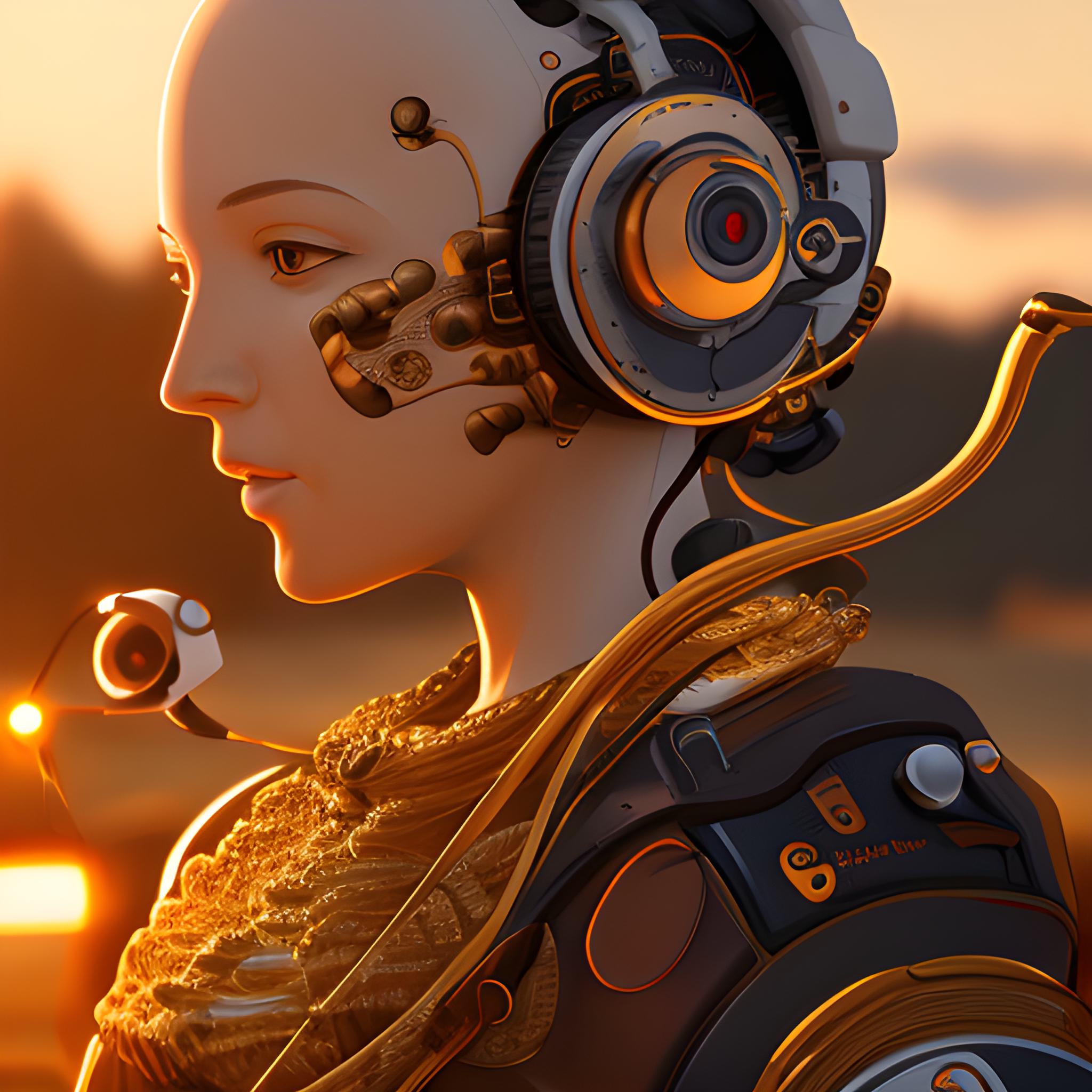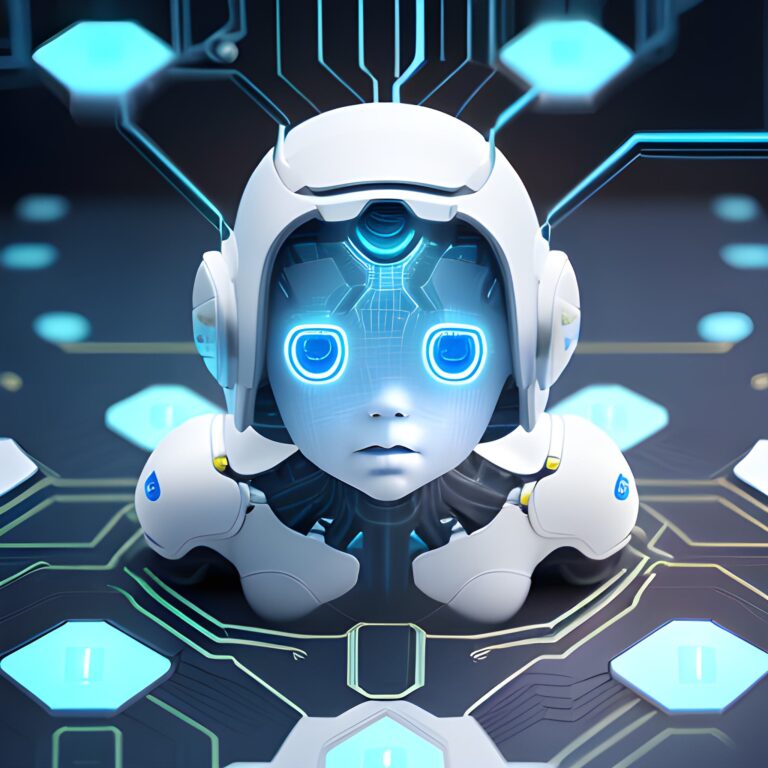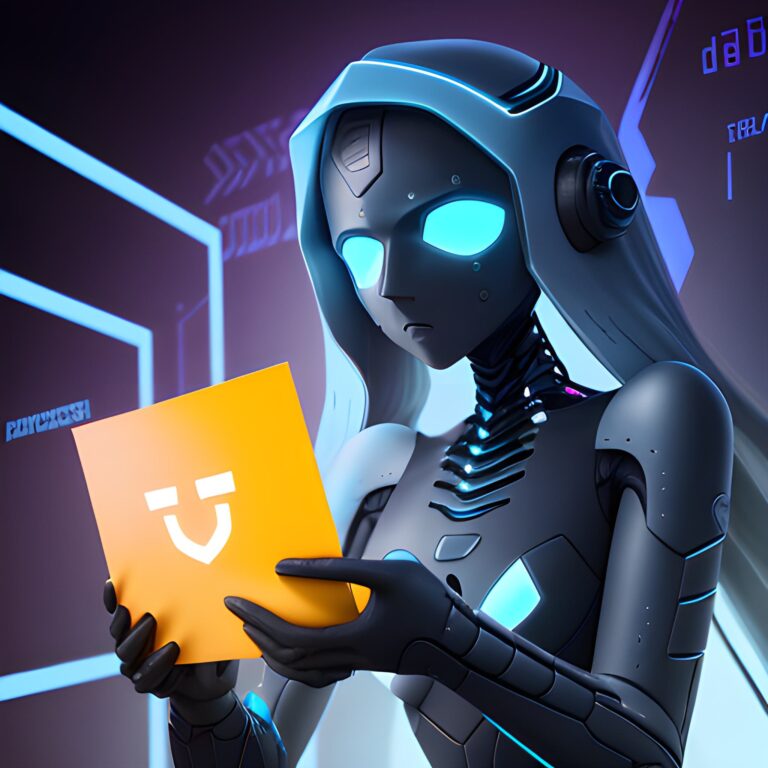Accelerate Software Development with Google’s Updated Bard AI

Google Research has announced an exciting new update to Bard, their experimental generative AI tool designed to collaborate with users on various tasks. Following popular demand, Bard now includes support for programming and software development tasks, such as code generation, debugging, and code explanation.
With this update, Bard can assist users with over 20 different programming languages, including C++, Go, Java, JavaScript, Python, and TypeScript. Google has also made it easy for users to export Python code to Google Colab without the need for copying and pasting. Bard even extends its support to writing functions for Google Sheets.
For those who are new to programming or need extra assistance in understanding code snippets, Bard can help explain what specific blocks of code might output. Additionally, the AI can help debug code, even if the code was generated by Bard itself. Users simply have to tell Bard that the code didn’t work and request a fix.
However, it’s important to remember that Bard is still in its early stages, and users may sometimes encounter inaccurate, misleading, or false information confidently presented by the AI. When working with code, Bard might provide solutions that don’t produce the expected output or are suboptimal or incomplete. Users are advised to double-check Bard’s responses and thoroughly test and review the code for errors, bugs, and vulnerabilities before relying on it.
Bard can also help users optimize their code, making it faster or more efficient. Users can ask the AI to speed up the code or find any missing error handling clauses. This powerful tool is already assisting people with various everyday tasks, from creating presentations and writing lesson plans to inventing new recipes and planning workout routines.
With its newly added coding capabilities, Google aims to use generative AI to accelerate software development, inspire innovation, and assist users in tackling complex engineering challenges. To stay up-to-date with the latest Bard updates, visit Google’s Experiment updates page.
A recent comparison of Google’s Bard AI, ChatGPT, and GPT-4 reveals varying levels of performance in their capacity as coding assistants. Each AI model has its unique strengths and weaknesses, but some key observations can be drawn from their performance in different programming tasks.
Bard has been praised for its awareness of the latest software versions, such as NextJS, which proves beneficial when APIs evolve quickly. However, it has not yet reached the same level of proficiency as ChatGPT 3.5 in providing coding assistance. Despite the advancements, Bard still has a long way to go to become a leading player in this domain.
In a direct comparison between Bard and GPT-4, GPT-4 was found to be more effective in generating a ready-to-run Python program to solve the Traveling Salesman Problem using Ant Colony Optimization. Bard’s code, on the other hand, contained errors and inconsistencies. Additionally, ChatGPT includes instructions on compiling and running the generated code, which Bard lacks.
GPT-4’s performance is not perfect either. It has been reported to struggle with more complex tasks, such as finding a ring of cells in a Godot GridMap using GDScript. The AI-generated solution contained errors and called non-existent functions, requiring manual editing even after GPT-4 corrected some of the mistakes upon being notified.
Another comparison of Bard and GPT-4 on a coding problem involving a three-dimensional bitmap saved as a series of TIFF files showed that while GPT-4’s solution was closer to the desired outcome, neither AI produced a flawless solution that adhered to the given instructions, managed edge cases, or included tests.
In conclusion, GPT-4 appears to excel in problems with examples available online, whereas Bard still has much room for improvement. As Google continues to catch up, it will be intriguing to see how these AI coding assistants evolve and enhance their capabilities in the future.
https://blog.google/technology/ai/code-with-bard/
{
"seed": 2153750702,
"used_random_seed": true,
"negative_prompt": "",
"num_outputs": 1,
"num_inference_steps": 150,
"guidance_scale": 7.5,
"width": 512,
"height": 512,
"vram_usage_level": "high",
"sampler_name": "euler",
"use_stable_diffusion_model": "Dreamshaper_3.32_baked_vae_clip_fix",
"use_vae_model": "vae-ft-mse-840000-ema-pruned",
"stream_progress_updates": true,
"stream_image_progress": false,
"show_only_filtered_image": true,
"block_nsfw": false,
"output_format": "jpeg",
"output_quality": 75,
"output_lossless": false,
"metadata_output_format": "json",
"original_prompt": "Accelerate Software Development with Google's Updated Bard AI, deepleaps.com",
"active_tags": [
"Canon50",
"Cinematic",
"Golden Hour",
"Excited",
"Detailed and Intricate",
"Digital Art",
"Realistic"
],
"inactive_tags": [],
"use_upscale": "RealESRGAN_x4plus",
"upscale_amount": "4",
"prompt": "Accelerate Software Development with Google's Updated Bard AI, deepleaps.com, Canon50, Cinematic, Golden Hour, Excited, Detailed and Intricate, Digital Art, Realistic",
"use_cpu": false
}







